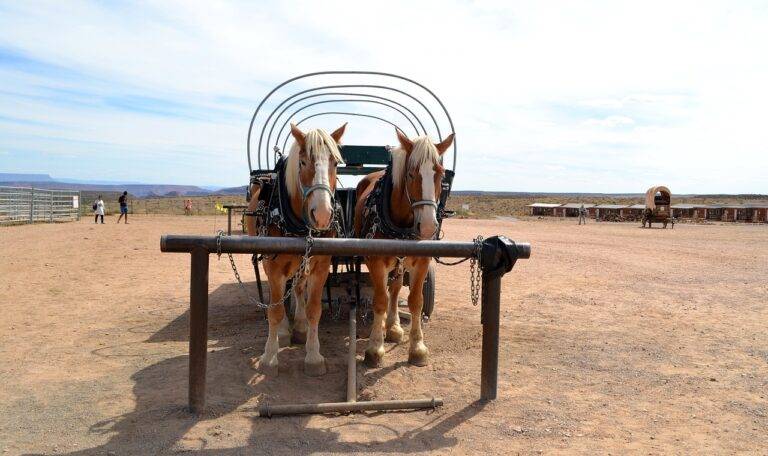Political Polarization: Bridging the Divide in Election Discourse
Political divisiveness has permeated various aspects of society, leading to a deepening sense of polarization among individuals with differing ideologies. This growing divide has not only strained interpersonal relationships but has also hindered constructive dialogue and collaborative problem-solving. The repercussions of this heightened political discord are felt across communities, workplaces, and even within families, contributing to a sense of disenchantment and alienation.
Moreover, the impact of political divisiveness on society can be observed in the erosion of trust in institutions and a weakening of social cohesion. As individuals increasingly align themselves with rigid political camps, the willingness to engage with opposing viewpoints diminishes, giving rise to echo chambers and reinforcing biases. This breakdown in communication and understanding exacerbates social tensions and impedes the cultivation of a more inclusive and empathetic society.
Understanding the Root Causes of Political Polarization
Political polarization is a multifaceted phenomenon that is influenced by a variety of factors. One of the root causes of this polarization can be traced back to the increase in tribalism within society. As individuals align themselves with like-minded groups, they become more entrenched in their beliefs and less willing to entertain perspectives that differ from their own. This tribal mentality can create an “us vs. them” mentality, further fueling the divide.
Another key factor contributing to political polarization is the rise of echo chambers facilitated by social media and other online platforms. When individuals are primarily exposed to information and viewpoints that align with their own beliefs, it can reinforce their existing biases and lead to a more polarized worldview. Additionally, the spread of misinformation and the lack of fact-checking in online spaces can further perpetuate polarization by solidifying false narratives and deepening distrust between opposing political factions.
• Political polarization is influenced by tribalism within society
• Individuals align with like-minded groups, becoming entrenched in their beliefs
• Tribal mentality creates an “us vs. them” mentality
• Rise of echo chambers facilitated by social media and online platforms
• Exposure to information that aligns with existing beliefs reinforces biases
• Spread of misinformation and lack of fact-checking deepen distrust between opposing factions
The Role of Media in Fueling Political Divide
Media plays a significant role in shaping public opinion and influencing political beliefs. The way news is presented and framed can often contribute to the deepening divide between individuals with differing political views. Sensationalism, bias, and selective reporting can all fuel this divide by reinforcing pre-existing beliefs and polarizing audiences further.
Moreover, the rise of social media has exacerbated the issue by creating echo chambers where individuals are primarily exposed to information that aligns with their own perspective. This selective exposure leads to confirmation bias, making it challenging for people to consider alternative viewpoints and fostering a more divisive political environment. In this digital age, media literacy and critical thinking skills are more crucial than ever to navigate the vast landscape of information in a way that promotes understanding and unity rather than division.
How does political divisiveness impact society?
Political divisiveness can lead to social unrest, decreased trust in institutions, and hinder progress on important issues. It can also create a hostile environment where individuals are less likely to engage in constructive dialogue and compromise.
What are some of the root causes of political polarization?
Some of the root causes of political polarization include income inequality, cultural differences, and the rise of identity politics. Social media and echo chambers also play a role in reinforcing individuals’ existing beliefs and biases.
How does the media contribute to fueling political divide?
The media plays a significant role in fueling political divide by amplifying extreme viewpoints, sensationalizing news, and promoting partisan narratives. Biased reporting and selective coverage can further polarize audiences and perpetuate misinformation.
Can the media help bridge political divides?
Yes, the media has the power to help bridge political divides by promoting balanced reporting, fact-checking information, and providing a platform for diverse perspectives. By fostering constructive dialogue and highlighting common ground, the media can play a key role in promoting understanding and unity.







